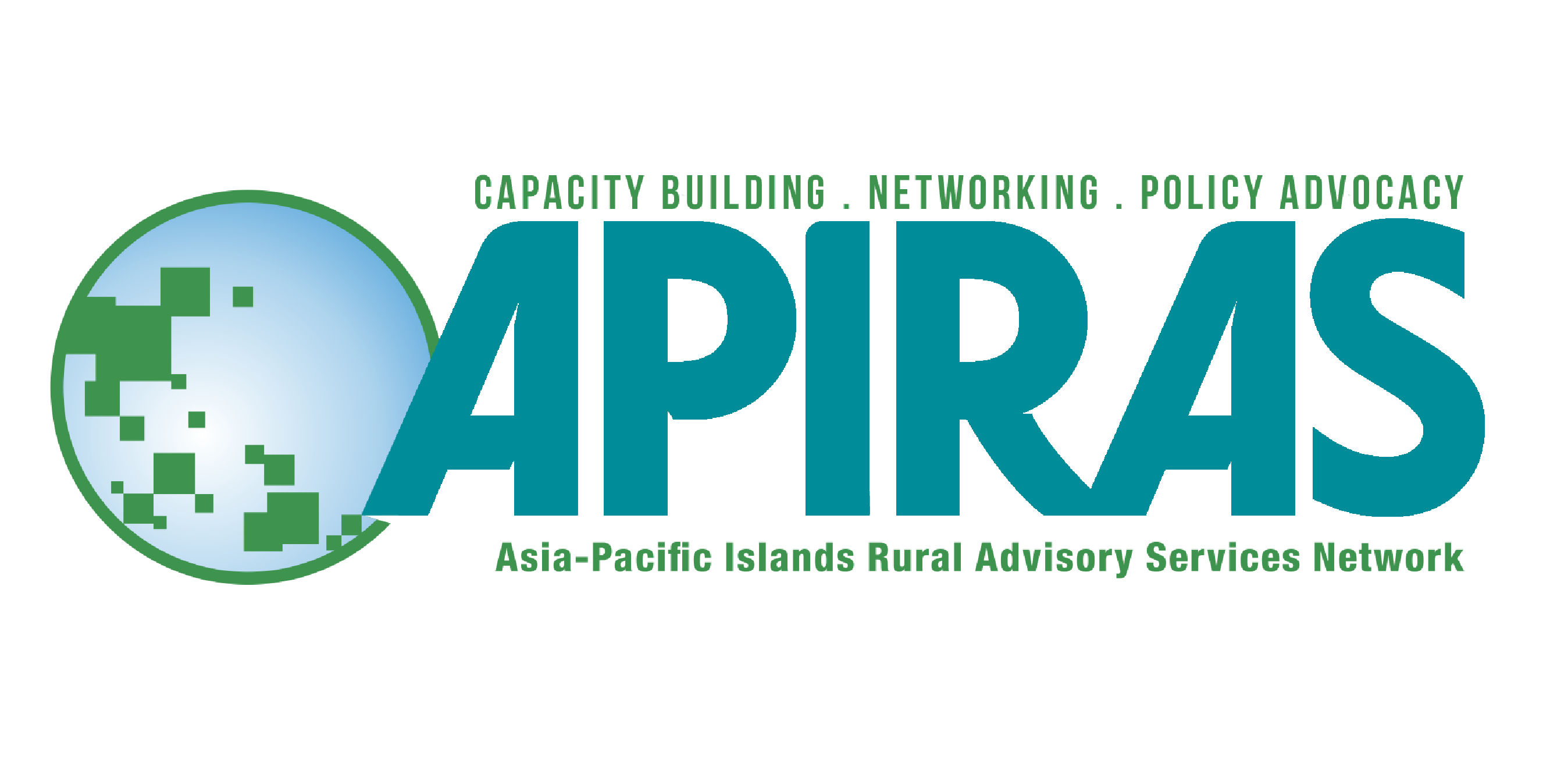June 2020, South Asia
Nepal must be smarter in its approach to agriculture
Madhukar Upadhya
With cases continuing to rise every day, it’s obvious that we haven’t reached the peak of the pandemic yet, but Covid-19 and its multiplying effects have already pushed a large number of people into hunger and poverty in Nepal as measures to fight the crisis restricted movement and incomes. It’s also deepening pre-existing inequalities, affecting women’s lives disproportionately and differently than men’s. The actual scale of the multifaceted damage will not be clear until mobility resumes when lockdown measures are lifted completely, which will not happen soon. What’s more, there’s a high likelihood of a second wave of the virus in the coming winter. Regardless of when it will all end, Covid-19’s impacts will be far-reaching and complex. Amidst this, the most fundamental responsibility of the economic sector will be to rebuild livelihoods for millions, and in the process continue to revive the economy. It is worth noting that even developed countries have started calling for wholesale reforms of the food system, to avoid any sustained crises in the post-Covid-19 era.
The national budget for the fiscal year 2020-21 has recognised the urgency of addressing economic challenges. It has emphasised actions for the revival of the economy and employment generation through the mobilisation of labour in the agriculture sector—a reliable economic base. The budget also aims to encourage farmers to utilise available land to maximise production, by allocating additional resources for irrigation, fertiliser, seeds, finance, technology and market. However, under the given near-stagnant conditions of agriculture and in view of rapidly growing climate risks, these expectations may prove unrealistic.

